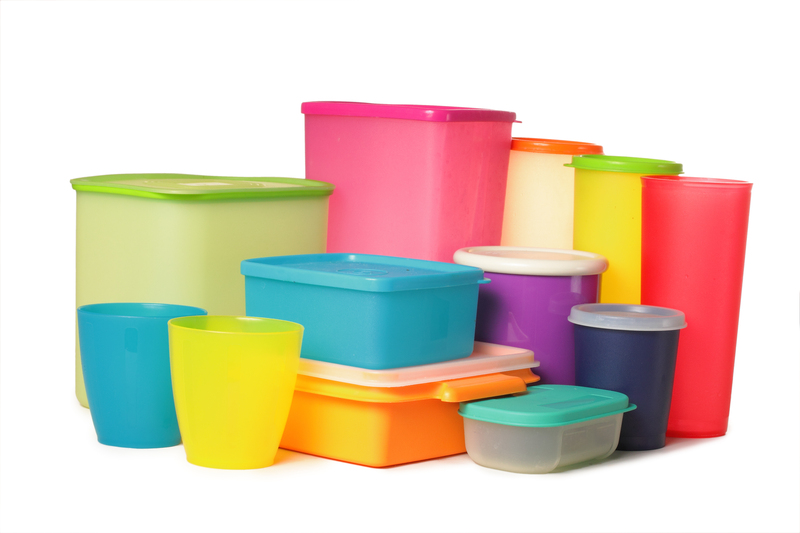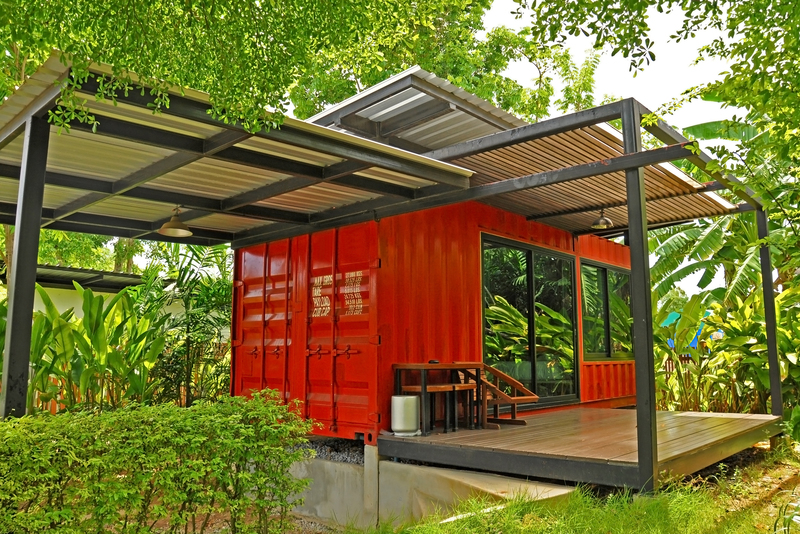Waste Disposal in UK: A Guide
Posted on 18/11/2024
Waste disposal is a critical aspect of maintaining public health and environmental sustainability. As the UK continues to prioritize the efficient and responsible handling of waste, it's essential to understand the various waste disposal methods, regulations, and best practices. This comprehensive guide dives into waste disposal in the UK, providing insights on how to manage waste effectively.
Types of Waste
The UK generates different types of waste, each requiring specific disposal methods. The main types of waste include:
- Household Waste: This includes everyday items like food waste, packaging, and broken items.
- Industrial Waste: Waste produced by industrial activities, which may include chemicals and hazardous materials.
- Commercial Waste: Waste produced by businesses and offices.
- Construction and Demolition Waste: Materials generated from building and demolition activities.
- Hazardous Waste: Waste that poses a risk to public health or the environment.

Waste Disposal Methods
There are several methods for waste disposal in the UK:
- Landfills: The traditional method where waste is buried. However, with increasing environmental concerns, the use of landfills is being reduced.
- Recycling: Converting waste materials into new products. This is heavily encouraged to reduce the amount of waste reaching landfills.
- Incineration: Burning waste materials at high temperatures. This method can generate energy, though it's scrutinized for its environmental impact.
- Composting: Organic waste such as food scraps and garden waste is decomposed to create compost, enriching soil health.
- Hazardous Waste Treatment: Specialized processes to neutralize or safely dispose of hazardous materials.
UK Waste Disposal Regulations
The UK government has implemented various regulations to ensure proper waste management, including:
- Waste Framework Directive: This EU directive obligates member states to manage waste in a way that does not harm the environment or human health.
- Environmental Protection Act 1990: This act includes regulations on the disposal of waste and littering.
- Landfill Directive: Aims to reduce landfill waste through better waste management practices and the promotion of recycling and other waste treatment methods.
- Waste Electrical and Electronic Equipment (WEEE) Regulations: These regulations require the proper recycling and disposal of electrical and electronic equipment.
Pros and Cons of Waste Disposal Methods
Landfills
Pros: Convenient and inexpensive.
Cons: Environmental concerns such as groundwater contamination and methane emissions.
Recycling
Pros: Reduces landfill use, conserves natural resources, and saves energy.
Cons: Contamination issues and the need for separation and processing.
Incineration
Pros: Reduces waste volume and generates energy.
Cons: Air pollution and high operational costs.
Composting
Pros: Converts organic waste into valuable compost for soil enrichment.
Cons: Requires space, time, and the correct mix of organic materials.
Tips for Effective Waste Disposal
- Segregate waste at the source to facilitate recycling and composting.
- Avoid single-use items and opt for reusable products.
- Compost kitchen and garden waste to reduce organic waste in landfills.
- Regularly use recycling banks for items like glass, paper, and plastics.
- Educate yourself and your family about proper recycling practices.

Key Takeaways
- Different types of waste require specific disposal methods.
- Regulations ensure that waste is managed in an environmentally friendly manner.
- Recycling and composting are highly encouraged to reduce landfill waste.
- Proper waste disposal can mitigate environmental impacts.
Conclusion
Waste disposal is a vital aspect of maintaining a sustainable environment and healthy communities. Understanding the different waste types, methods of disposal, and existing regulations can help individuals and businesses manage their waste more effectively. By promoting recycling, composting, and adherence to waste regulations, the UK can continue to lead in sustainable waste management practices, ensuring a cleaner and greener future.
Latest Posts
Innovations Aiming to Reduce Ocean Waste
Reducing Waste in Christmas Celebrations




 020 3743 9508
020 3743 9508


